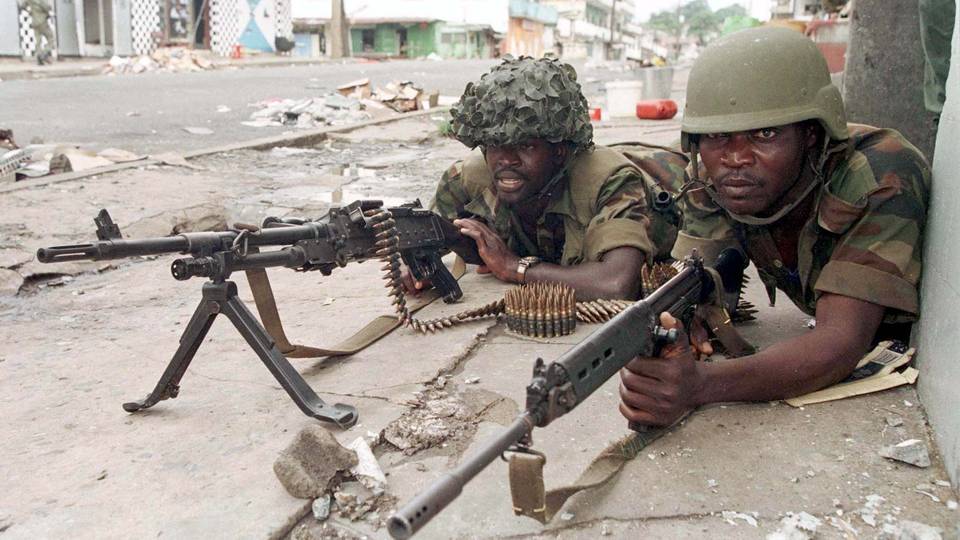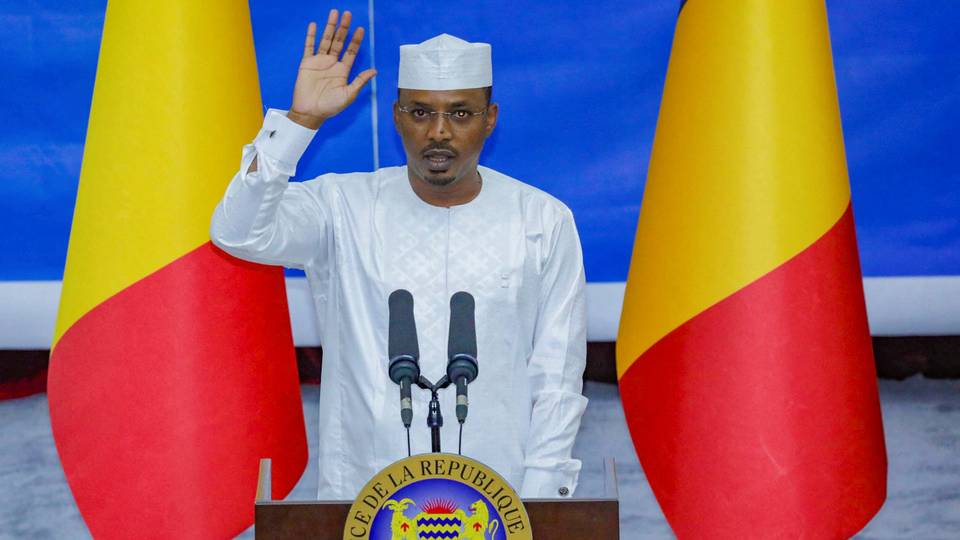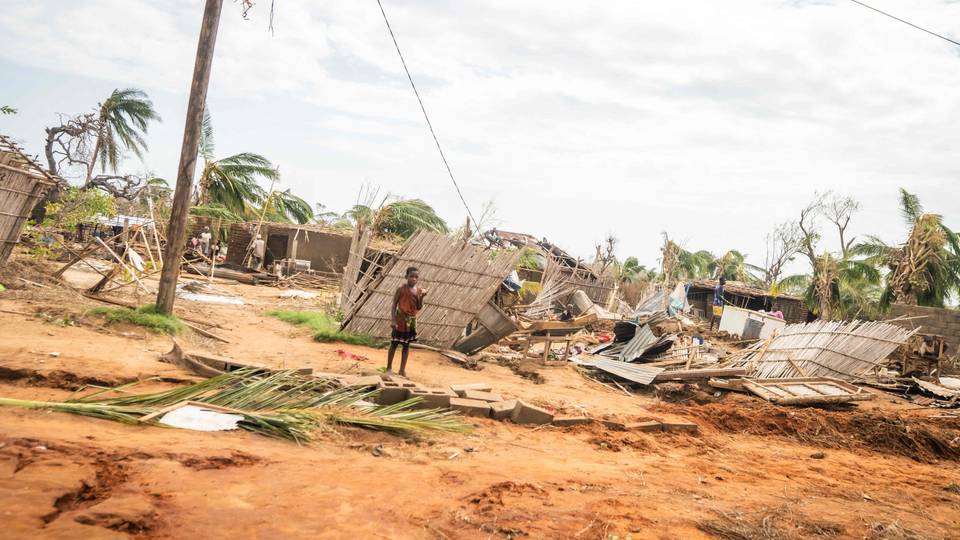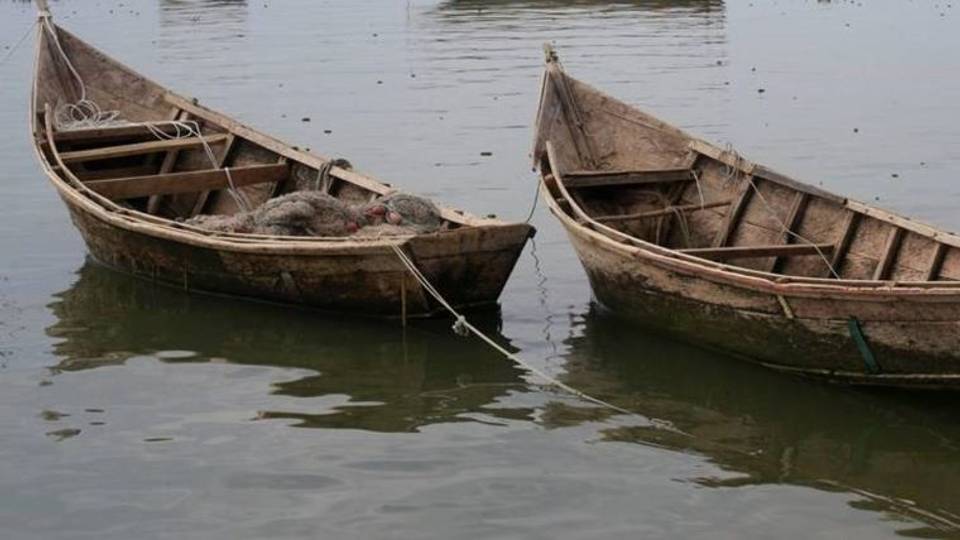Dollar
35,2068
0.30 %Euro
36,7672
0.92 %Gram Gold
2.968,6500
1.32 %Quarter Gold
4.916,3600
0.71 %Silver
33,4500
1.79 %The two Liberian civil wars left more than 250,000 people dead more than two decades ago, with trials yet to take place in the country.

Liberia's war crimes trials will take place during the administration of President Joseph Boakai, the lawyer responsible for setting up the country's long-awaited war crimes court says.
Justice has so far proved elusive for the victims of the back-to-back brutal civil wars that raged in the West African country between 1989 and 2003. The conflicts left around 250,000 people dead.
Despite years of international and domestic pressure, Liberia has yet to try anyone for crimes committed during the years of violence which resulted in massacres, mutilation, rape and cannibalism.
"I do not think it is too late," Jallah Barbu, who in November was appointed by President Joseph Boakai to manage the establishment of a War and Economic Crimes Court, told AFP news agency.
"We have a wonderful opportunity now to address our situation in the world and move forward," he added.
Key suspect dead
"In the six-year period of the administration of President Boakai, based on all of the commitments I have and the momentum I see, the court will have, long before the expiration of the six years, at least commenced its first trial, if not concluded" it, Barbu said.
Boakai, who became Liberia's president at the start of this year, signed a decree in May creating an office responsible for setting up the special court, which will try those accused of war crimes and crimes against humanity, as well as economic crimes committed during the period.
A Truth and Reconciliation Commission (TRC) in 2009 found that all parties in the conflicts were responsible for war crimes and recommended the establishment of a special court.
But the recommendations had until this year gone largely unheeded, particularly in the name of peacekeeping as a number of accused warlords remained influential in their communities.
One of those was Prince Johnson, a key militia leader in the civil wars and an influential senator until his death at the end of November.
Johnson, whose fighters tortured then-president Samuel Doe to death in 1990, was a leading opponent of the creation of the court. He was one of eight warlords that the TRC recommended be tried.
Hybrid court
"We want to make sure that when we bring a closure to this process, the Liberian people will be happy, our country will be on a better trajectory, at least in terms of ensuring that respect for the rule of law is not just on the tongue, but it's in our conduct," Barbu said.
The lawyer said that the eventual court would be "of a hybrid nature" and established in Liberia, respecting both local and international laws.
He added that the office had been given a "very strong commitment from the government to support this process in terms of assurances".
"We've also received similar commitments from partners, especially the international community, that they will come to our aid," he said.
While no trials have taken place within Liberia, a number of convictions have been secured abroad.➤Click here to follow our WhatsApp channel for more stories.




















Comment